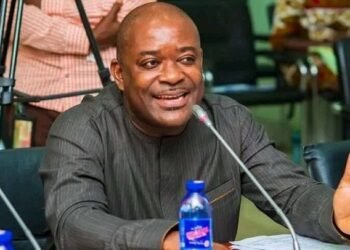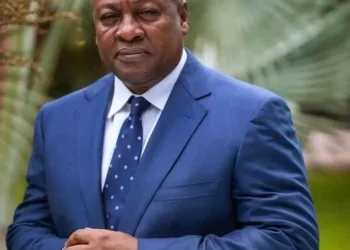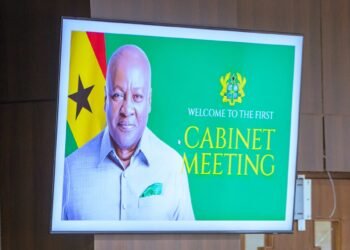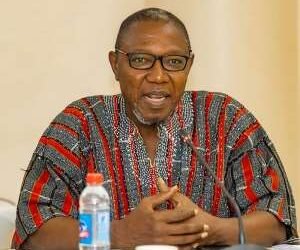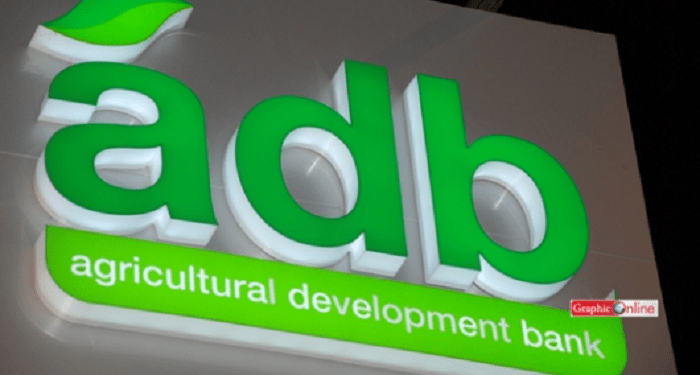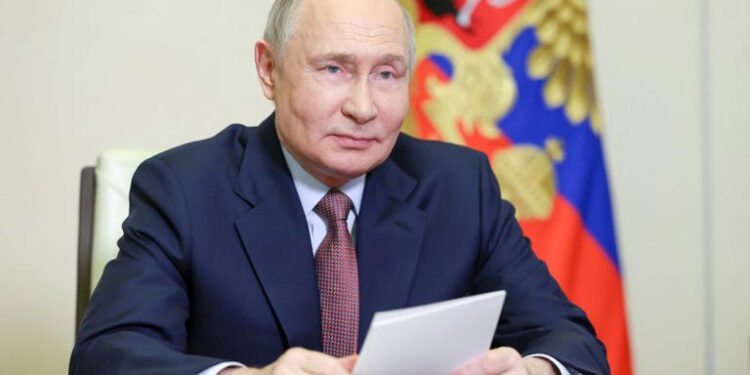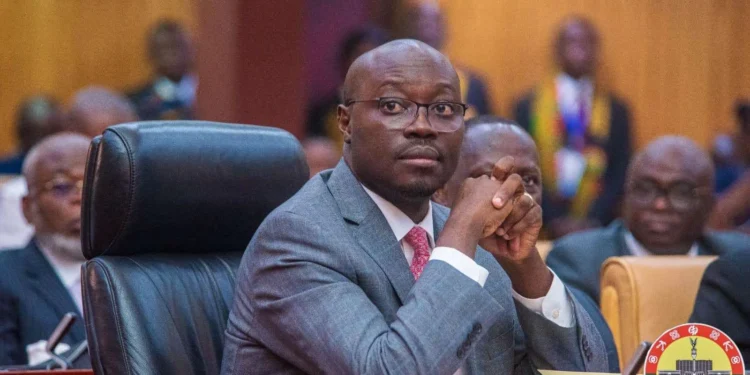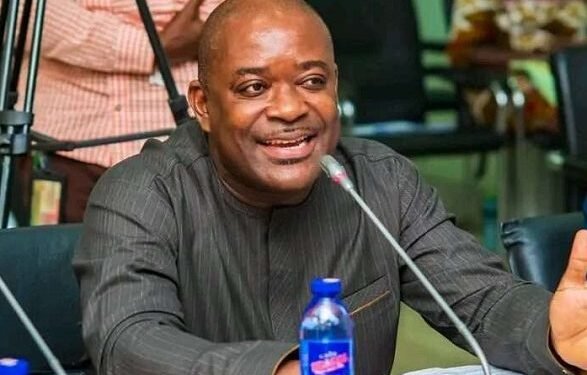In what is fast becoming a heated confrontation over Ghana’s sanitation policy, Hon. Kwame Asare Obeng, the Member of Parliament for Gomoa Central, has raised serious concerns about what he describes as a well-coordinated scheme to justify an increase in the Sanitation and Pollution Levy.
According to the outspoken lawmaker, a recent closed-door meeting involving select media houses and civil society organizations was held specifically to push a misleading public narrative about the state of sanitation in the country.
“Beginning sometime next week, they will start flooding the airwaves and social media with carefully selected footage of filthy streets, choked drains, and uncollected refuse across the country. The narrative will be clear: sanitation has worsened under President John Mahama—despite the fact that he has only been in office for just three months.”
Hon. Kwame Asare Obeng
According to Obeng, this orchestrated campaign is a deliberate attempt to sway public opinion and justify a potential increment in the Sanitation and Pollution Levy, a tax he believes has not lived up to its promise since its introduction in 2021.
The levy, which imposes a 10 pesewa charge per liter of petrol and diesel consumed, was initially promoted as a necessary measure to fix Ghana’s long-standing sanitation challenges.
Yet, nearly four years later, Obeng insisted the country has little to show for the revenues collected.
Between 2021 and 2024, Ghana reportedly collected a staggering GHS 1.93 billion under the Sanitation and Pollution Levy.

In 2021, the amount collected was GHS 264 million. This increased to GHS 470 million in 2022, followed by GHS 550 million in 2023. By 2024, the figure had risen to GHS 646 million.
And yet, “the streets are still dirty, waste collection remains unreliable, and open dumping continues in many communities,” Obeng said.
More damning, he cited investigative findings by The Fourth Estate, revealing that in 2021, out of the GHS 264 million collected, GHS 156 million was disbursed to a single entity: Sewerage Systems Ghana Limited, a subsidiary of the Jospong Group.
“For what work done?” he questioned, raising suspicions about the transparency and accountability of the scheme.
According to the MP, “Even more troubling is what investigative journalists uncovered…” referring to the government’s handling of the funds.
These revelations not only cast doubt on the government’s commitment to sanitation but also raise red flags about the true intent behind the levy.
Power, Politics, And Patronage Amid Sanitation Saga
Furthermore, Hon. Kwame Asare Obeng peeled back the layers of what he says is a politically rigged system, alleging that current Attorney General Dr. Dominic Akuritinga Ayine played a pivotal role in manipulating the law during his time in opposition.
According to Obeng, Dr. Ayine made a calculated effort to influence the drafting process of the law.
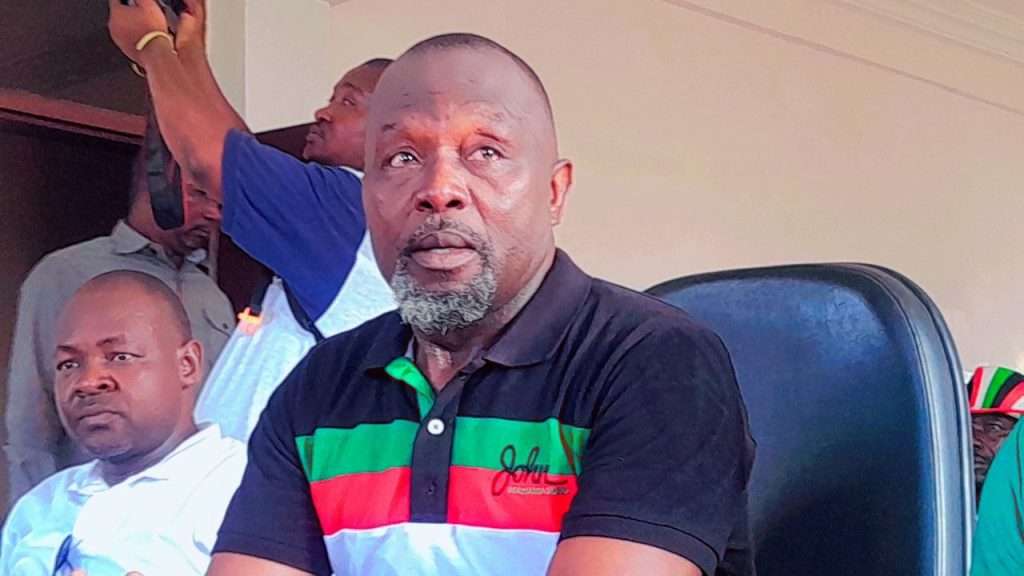
The MP revealed that Dr. Ayine allegedly restructured the leadership of the Committee in charge of the sanitation levy to gain control and shape the legislation to favor a close associate.
“If Dr Ayine attempts anything silly, I’ll expose him further. I’m only setting the stage for a fight. It’s a trap! And trust me, you’ll lose! (I’ll show you where you got the money for ‘the last one.’ Is that clue enough?)”
Hon. Kwame Asare Obeng
Obeng described what he sees as a familiar political strategy at play—reviving old tactics to shape media narratives and conceal what he believes is deep-rooted corruption.
In his view, the same methods are being reused: create opportunities, exploit them, and distribute the gains among insiders.
At the heart of Obeng’s argument is a deeply rooted frustration shared by many Ghanaians: despite billions collected, sanitation remains a visible failure.
The Gomoa Central MP is adamant that the solution is not more centralized spending but rather a radical shift toward localized waste management.
“The people of Ghana are no longer asleep. If we are truly committed to fixing the sanitation crisis, then the solution lies in a decentralized waste management system—one that empowers local governments and communities to take charge of their environment.”
Hon. Kwame Asare Obeng
He argued that the figures tell a powerful story: with GHS 1.93 billion collected between 2021 and 2024 under the Sanitation and Pollution Levy, allocating the funds evenly among Ghana’s 261 districts would amount to more than GHS 2.4 million per district each year.

Such an amount, he noted, could fund at least one aspiring entrepreneur in every district to launch a viable, community-driven sanitation enterprise.
He emphasized the transformative potential of decentralizing waste management, suggesting that if each district supported just one dedicated young person, Ghana could see 261 successful entrepreneurs thriving in the sanitation sector—turning waste into wealth through honest, meaningful work.
He continued, “Wouldn’t you be inspired to see young Ghanaians earning a decent living while helping keep their communities clean?”
Kwame Asare Obeng’s bold statements have thrown the spotlight back on the Sanitation and Pollution Levy and raised urgent questions about its stewardship.
In a time when public trust in government expenditure is fragile, his exposé may be the spark that ignites wider scrutiny into how much Ghanaians are paying—and what they’re actually getting in return.
Whether this is the beginning of a broader reform or just another political storm remains to be seen.
But for now, Obeng has made one thing clear: the people are watching, and this time, they won’t be silent.
READ ALSO: BoG Charts New Course with Risk-Sensitive Regulation Framework





